Culture and kicks come together with Yalunga games for all ages
Olympian Beki Smith loves learning traditional Indigenous – or Yulunga – games from her eight-year-old son. You can try them too by downloading the special Yulunga games guide in this story
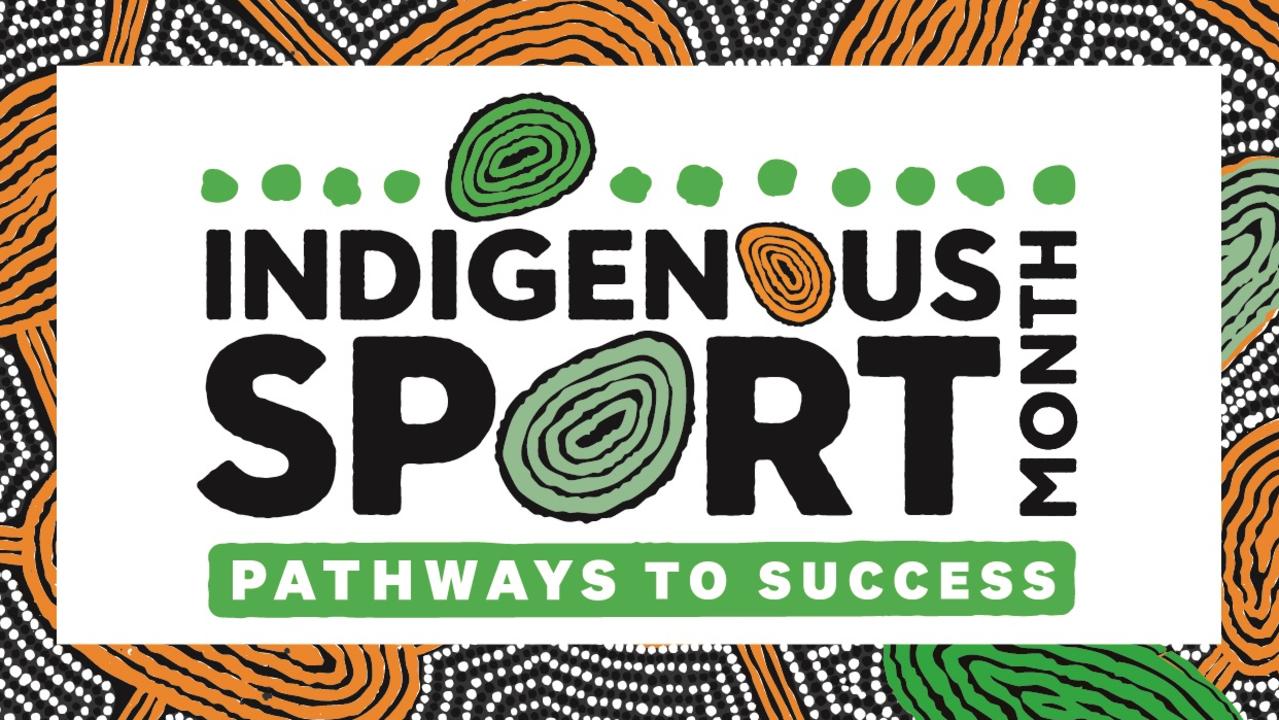
READING LEVEL: GREEN
Australian Olympian Beki Smith has travelled the world as a top race walker since she was a teenager.
Now 35, the Indigenous athlete has a new coach so she can learn sports she hasn’t tried before.
Her coach is Lennon, her eight-year-old son.
The sports Lennon’s teaching his mum are traditional Indigenous games he learned at school.
“They’re so good for your gross motor skills and co-ordination,” Ms Smith said.
DOWNLOAD YOUR YULUNGA GAMES GUIDE HERE:
Gross motor skills are everyday activities such as running, walking, throwing and kicking.
“They provide an opportunity to learn and appreciate aspects* of Indigenous culture,” she said. “Also, they’re about moving your body and there’s a game for everyone, for every age and ability and they’re based off fun and playing and laughing, not based off competition.”
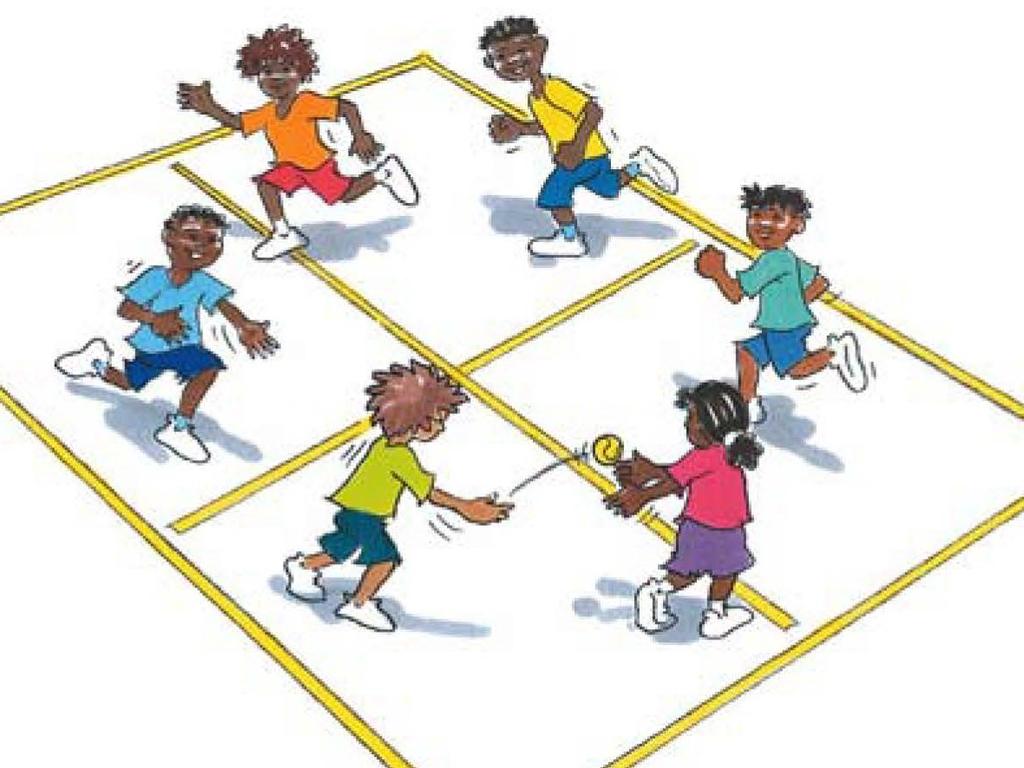
Ms Smith is a Yuin woman whose people are from the New South Wales south coast.
She grew up in Western Sydney (Darug country) rather than on Yuin country and didn’t have the opportunity as a child to learn the traditional sports her son is teaching her.
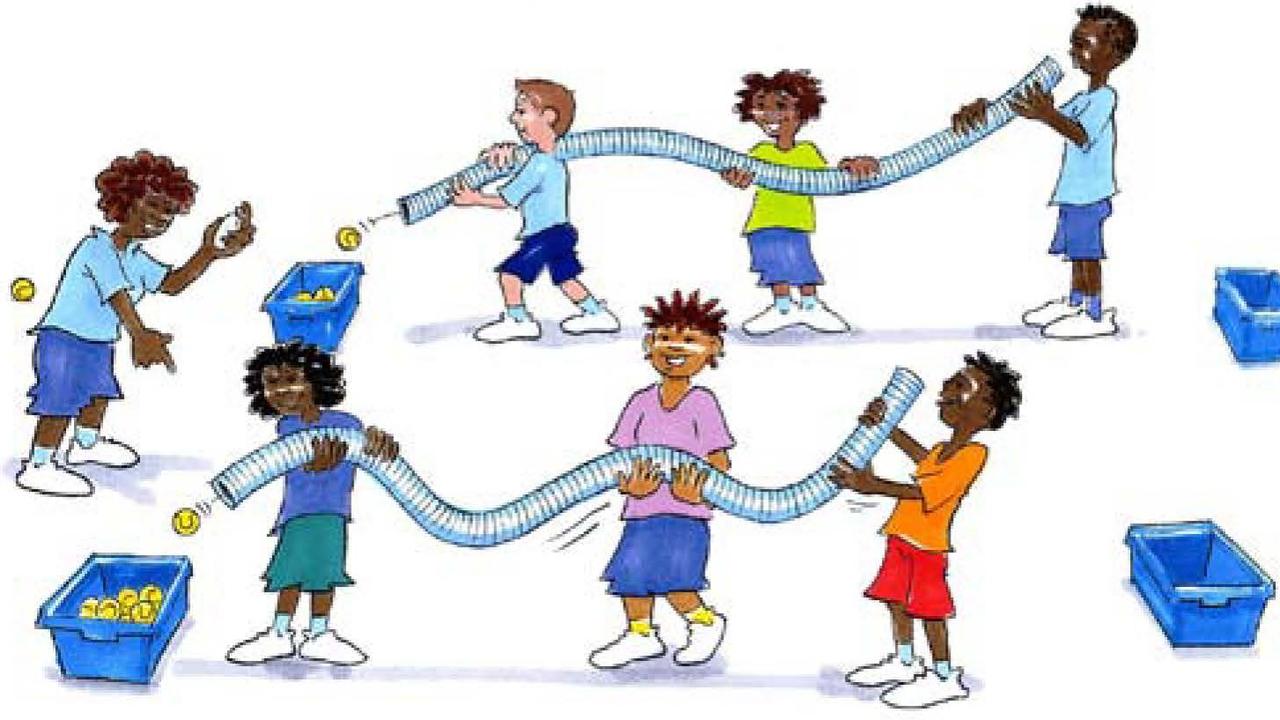
She first tried athletics at the age of seven. “I loved it, the challenge of all the different events and different distances you could do,” she said.
Though she played basketball and every sport offered at school, she preferred athletics to team sport.
“It was right up my alley*. The sole* responsibility was mine, the attitude and effort I put in. People say that the start line is the loneliest place an athlete can be but I was really drawn* to that.”
Her first experience race walking was at 10 years old.
“I loved the endurance* factor* and the technical aspect*. It’s very unusual.”
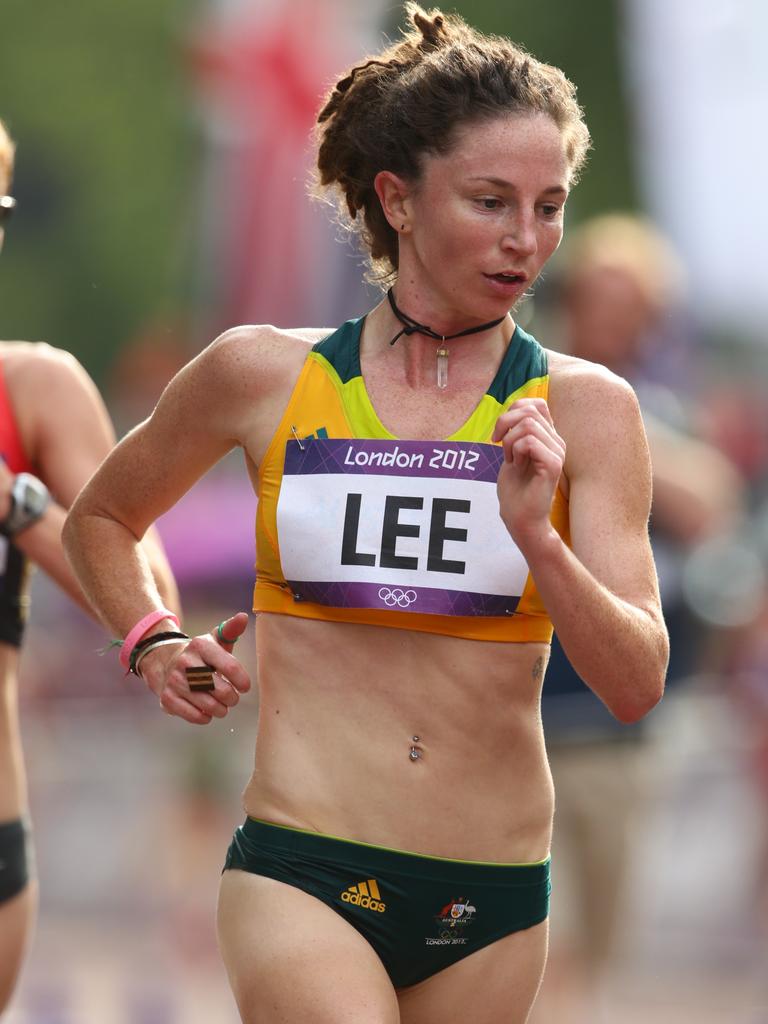
Sport helped her understand a lot about herself.
“I grew up disconnected from the country I am from and sport was the tool for me to find that happy connection. Sport was a driving tool to identify who I am as a person.”
Inspired by fellow Indigenous athletes Cathy Freeman, Nova Peris and Patrick Johnson, she worked hard and, in 2003 at the age of 16, competed in the 5000m walk at the IAAF* World Youth Championships.
At the 2012 London Olympics she beat her personal best time by one minute in the 20km race walk, placing 27th. She competed in the 20km race walk at the World Championships in Beijing, China (2015) and London, UK (2017) and placed sixth in the 2018 Commonwealth Games on the Gold Coast, Qld.
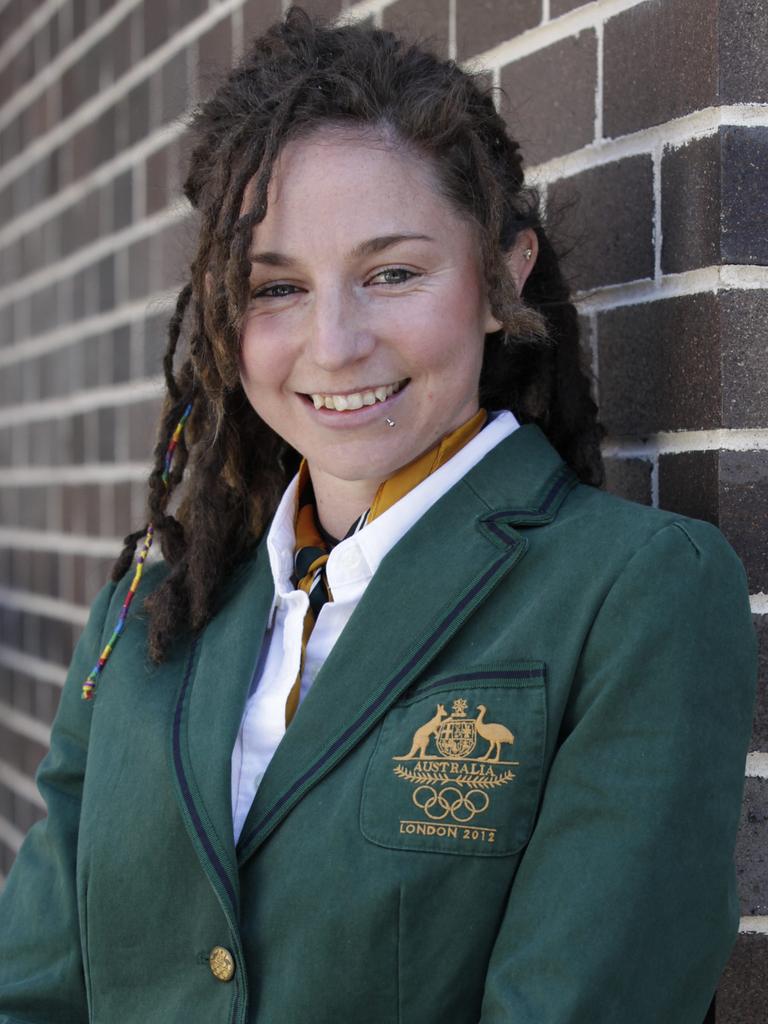
Ms Smith is working with the Australian Institute of Sport* on a program called Share a Yarn, which connects top athletes with Aboriginal and Torres Strait Islander communities. The aims are to encourage sports participation and share knowledge about Indigenous culture, land, history and peoples.
“Share a Yarn promotes reconciliation* through sport, to have more opportunities for our people,” she said.
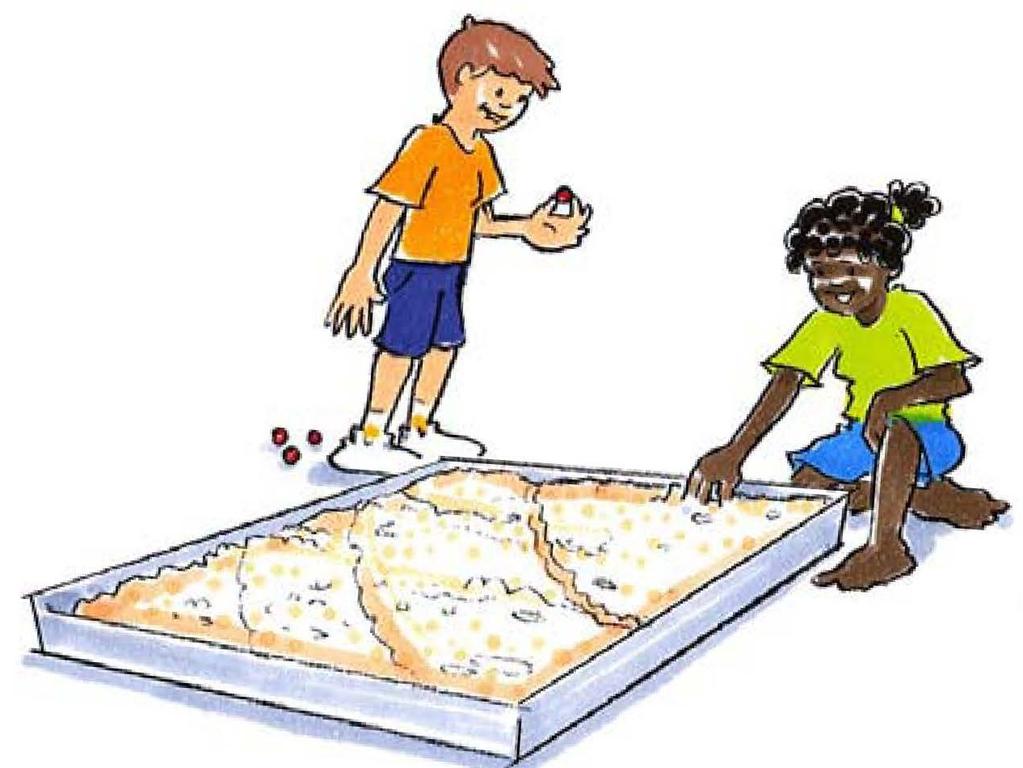
YULUNGA GAMES
Yulunga means playing in the Kamilaroi language of northwest NSW.
Other words in traditional languages that mean play or fun include arrkene irreme, from the Eastern Arrernte language of Central Australia, and gimbe, from the Wakka Wakka language of South Queensland.
Many traditional Indigenous games are similar to those you may already play, such as barambah gimbe, which is throwing a ball up high and trying to catch it.
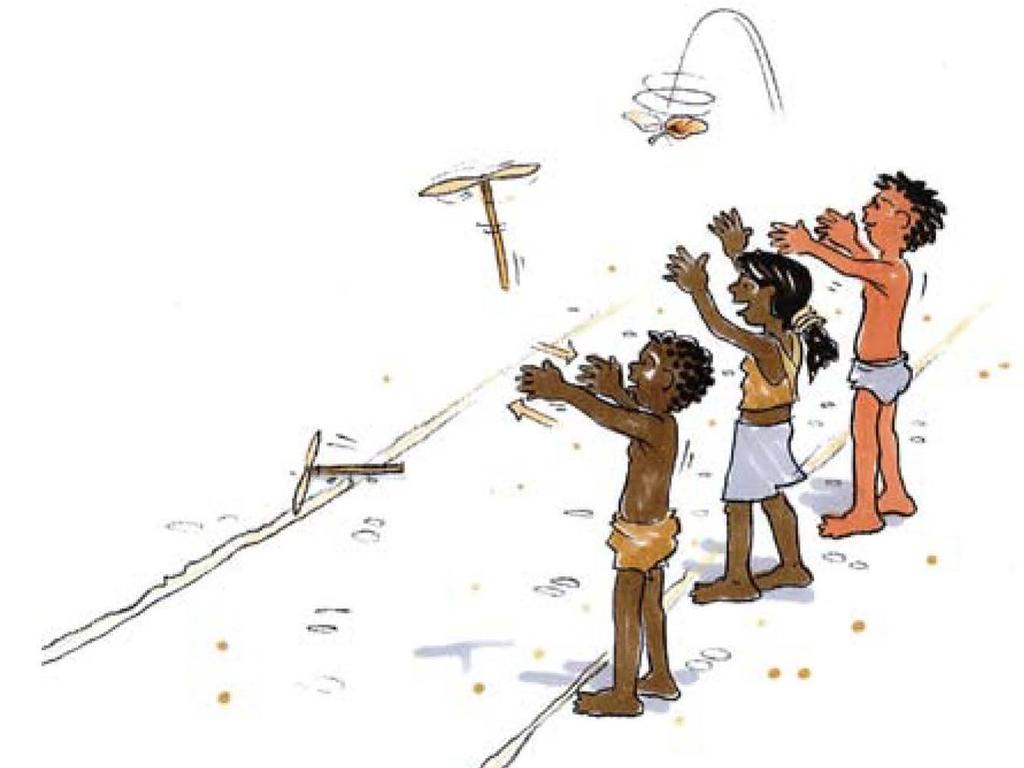
Some people believe the game of marn-grook, from Victoria, could have influenced the development of Australian rules football.
A project for the Australian Sports Commission, Ken Edwards and Troy Meston created a library of the known traditional Indigenous games.
Watch this video as Olympian Beki Smith explains how to play “kai”, a game named for the thick, oval fruit. Kai is quite light when dry, making it a perfect ball substitute.
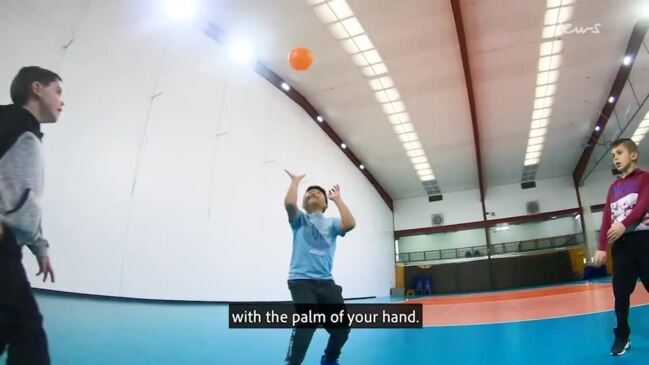
For more traditional Indigenous games, visit sportaus.gov.au/yulunga
The Yulunga games are available to download from this Kids News story with the kind permission of the Australian Sports Commission and we acknowledge with thanks authors Ken Edwards and Troy Meston.

GLOSSARY
- aspects: particular parts or features of something
- right up my alley: suited to your interests or abilities
- sole: the only one of something
- drawn: attracted, fascinated, attracted
- endurance: ability to keep going for a long time
- factor: situation or fact that leads to a result
- aspect: particular part or feature of something
- IAAF: International Amateur Athletic Federation (now World Athletics), the organisation that governs track and field sports
- Australian Institute of Sport (AIS): national organisation to help train and support top athletes
- reconciliation: strengthening relationships between Aboriginal and Torres Strait Islander people and non-Indigenous people
EXTRA READING
Australia’s most influential Indigenous sports stars
Barty’s the queen of Australian Open
How outback oval became the ‘MCG of the desert’
QUICK QUIZ
- Who is Ms Smith’s coach and how old is he?
- What activities are examples of gross motor skills?
- What does the Share a Yarn program aim to do?
- What did Ms Smith achieve at the London Olympics in what race and where did she place?
- Which Indigenous community is Ms Smith and where is their Country?
LISTEN TO THIS STORY
CLASSROOM ACTIVITIES
1. What could you teach?
Beki is learning something really important from her 8-year-old son. Can you think of something important that you could teach an adult you know? Create a set of instructions (written or a diagram) and write an explanation that will help your adult understand why your lesson is so important.
Time: allow 20 minutes to complete this activity
Curriculum Links: English; Personal and Social Capability; Health and Physical Education
2. Extension
Design a poster. The purpose of your poster is to help everyone understand the Share a Yarn program.
Time: allow 25 minutes to complete this activity
Curriculum Links: English; Personal and Social Capability
VCOP ACTIVITY
VCOP dodge-ball
The normal rules of dodge-ball apply. Two teams throw soft balls at each other and if you get hit, you have to sit out. The team who knocks out all the players on the other team, wins.
VCOP challenge: when you get eliminated, collect a mini-whiteboard and a basic clause from the sidelines. Up-level the sentence (make it better) by adding VCOP. When you show the teacher your completed sentence, you can return to the game.
Play for a set amount of time and the team with the most players left on the court wins.
Support: use the “Up-Level It” card set – players have to complete one card from the set instead of completing all VCOP challenges.
What can you come up with?